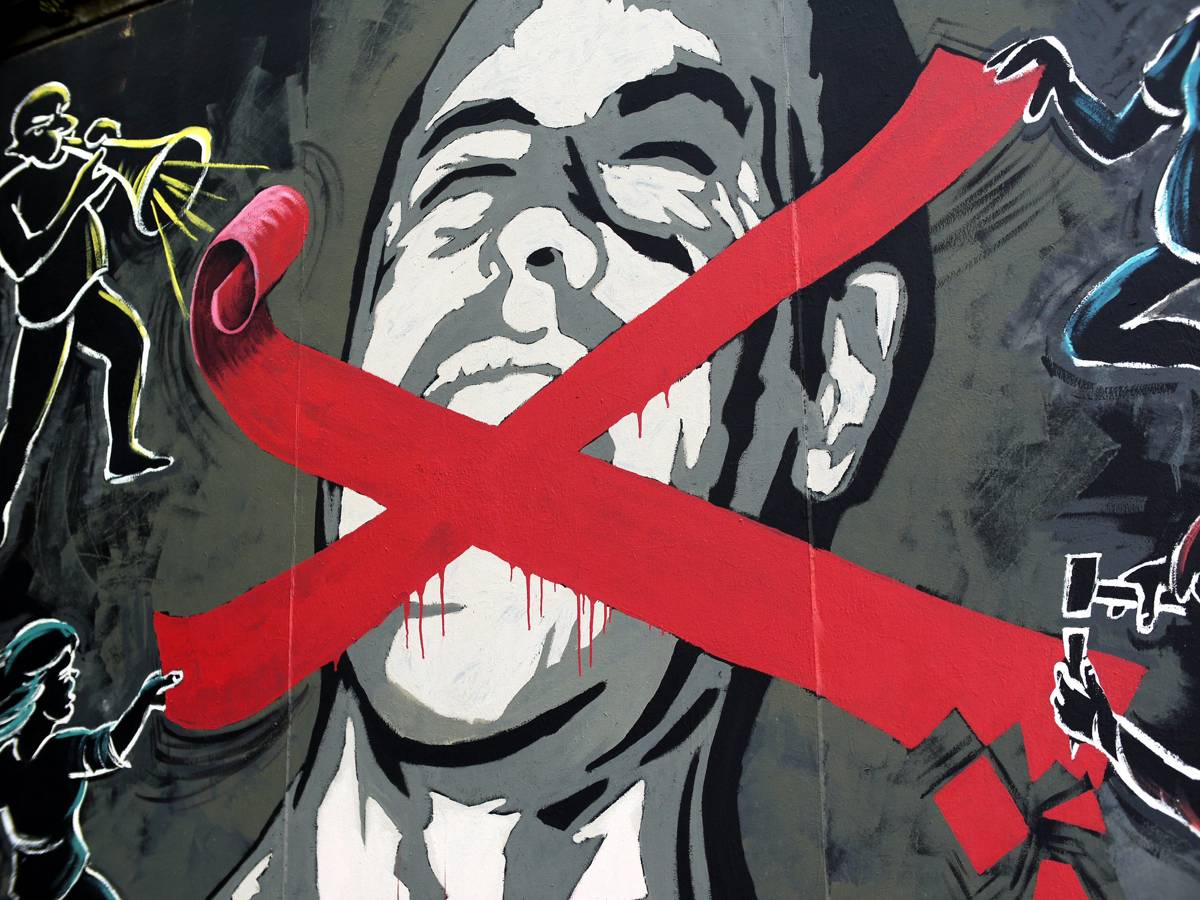Report documents over 200 cases of censorship against artistic freedom in 2023


Last year, 209 instances of censorship against artistic freedom of expression were documented in Turkey, as reported by the Speak Up (Susma) Platform Against Censorship and Self-Censorship.
Of these cases, 51 were related to television broadcasts, with 42 cases resulting in penalties imposed by the Radio and Television Supreme Council (RTÜK). Additionally, various practices were observed, including legal investigations and prosecutions against actors, scenes being cut or blurred during broadcasts, and termination of actors' contracts due to their social media posts.
The second most affected area was the music industry, accounting for 23.9% of censorship cases, followed by the internet with 11%.
In 2023, the most common censorship method was prohibition and blocking, accounting for 41% (86 cases). The majority of prohibitions were related to the music industry, followed by administrative sanctions with 58 cases.
The Speak Up Platform stated, "Undoubtedly, it is not possible to say that all censorship cases that occurred in Turkey during the year are limited to this number. In this sense, it would not be wrong to say that what is reflected in the report is just the tip of the iceberg. Although we know that there are more censorship cases than reflected in the report, the data we have is important in providing a general idea of artistic freedom."
Disadvanteged groups were affected by censorship more, the platform noted. "Until that time comes, the stakeholders in the field and the data we collect indicate that the increasingly authoritarian government continues to disproportionately affect marginalized groups in society. Women, LGBTI+ individuals, Kurds, refugees, like every year, were among the most severely affected by multiple human rights violations in 2023, and artistic freedom is just one of them." (AÖ/VK)




